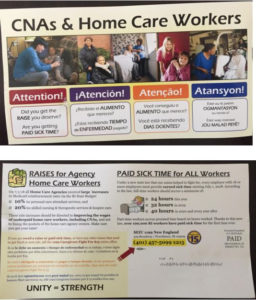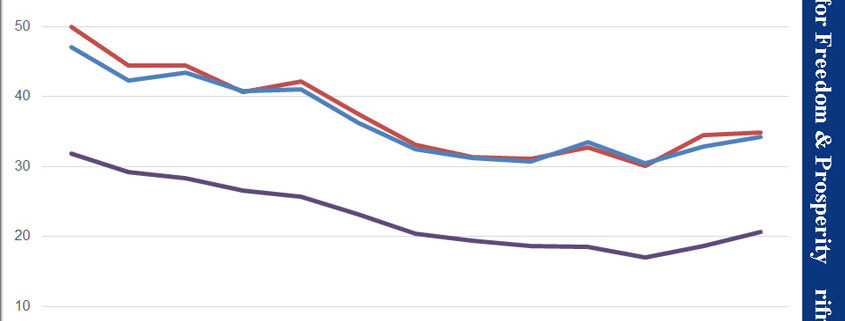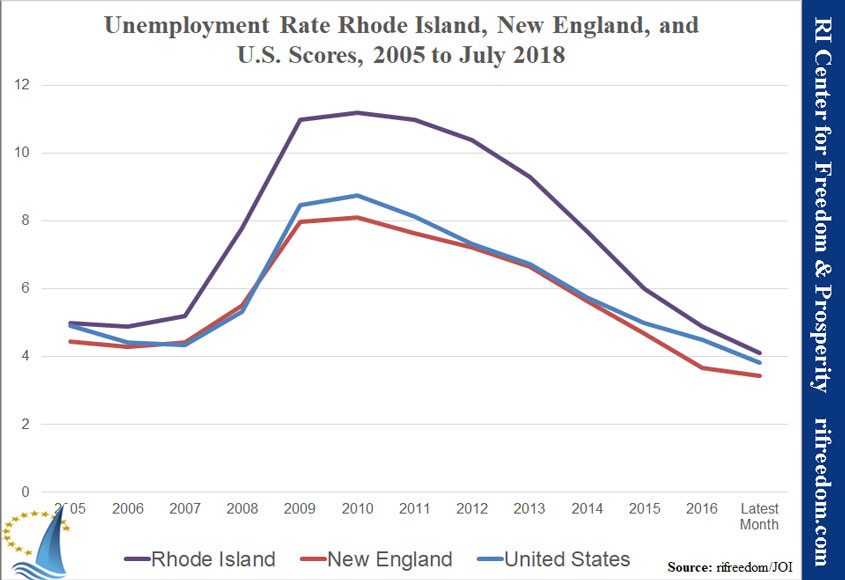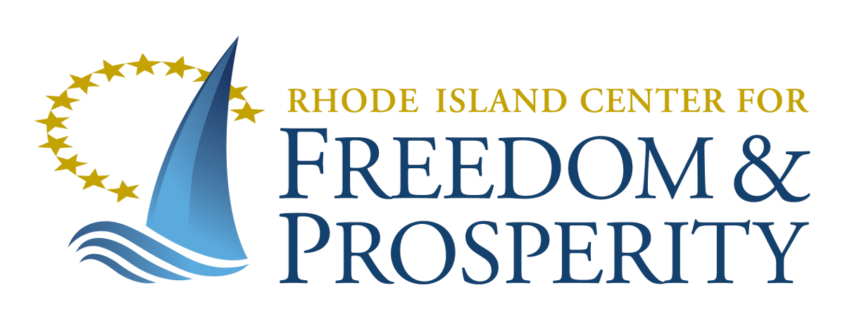Center Responds to Mis-Informed Attack by R.I. Attorney General
Attorney General Kilmartin Makes Unsubstantiated Claims and False Assertions
A.G. should seek to champion constitutional rights … not obfuscate them
Providence, RI – With the expectation the state’s top law enforcement official would work to preserve and advance the constitutional rights of his state’s citizens, the RI Center for Freedom & Prosperity, in seeking to educate public workers about said rights, responds to an intimidating statement from Attorney General that attempts to obfuscate workers free exercise of those rights.
By joining Rhode Island’s Governor in seeking to shield public employees from becoming fully aware of their recently restored rights, the state’s Attorney General made a number of unsubstantiated and false claims in a media release from his office yesterday. The Center, along with its national partner, last week launched its My Pay My Say RI public awareness campaign on the MyPayMySayRI.com website.
The campaign is designed to inform public servants of their recently restored first Amendment rights, as ruled by the U.S. Supreme Court in the landmark Janus v AFSCME decision; that workers cannot lose their job or otherwise suffer consequences if they choose not to support the political activism of their union officials by opting-out as a dues-paying member.
The target of the A.G.’s release, termed as an “outside group”, was obviously aimed at the Center and its public awareness campaign. The release, ostensibly, intended to “provide clarity” on the rights of government workers, only served to muddy the waters with a number of unsubstantiated, false, and contradictory assertions.
In claiming My Pay My Say RI is a “campaign to misinform public sector employees,” the A.G. does not substantiate his attack by providing any evidence or even citing one specific data point that he feels is misleading.
It is false that the Janus decision “only affects … previous fair share agency fee” payers. All public employees are impacted by the Supreme Court ruling. Every worker now has the full freedom to disaffiliate and, as the AG contradicts himself in his own statement, now must affirmatively consent to paying dues.
In discussing “confusion about the rights of … public sector workers” and employees “falling victim to potential misinformation,” per reports and feedback the Center has received from the rank and file, it is union officials themselves who are disseminating misinformation, including the false and potentially illegal responses that:
- The Janus ruling does not apply to Rhode Island or to one particular firefighter union
- Those who may choose to exercise their right to opt-out of paying dues to their union would no longer be eligible for promotions or for overtime work
- Anyone wishing to opt-out of union membership must wait until the end of their current collective bargaining agreement.
- Just days ago, the Center exposed a threatening letter from a local union to its members in an attempt to coerce them to remain in their NEARI union.
“These responses by union officials – to honest questions by honest workers seeking to make the best decisions for themselves and their families – are blatantly false,” said Mike Stenhouse, CEO for the Center. “I am more convinced than ever that the public service we are providing for public servants is very much needed. It is outrageous that high ranking government officials would conspire to keep public employees in the dark. Nothing we are doing warrants a response from the Attorney General.”
There were additional problems with the Attorney General’s statement.
It is an incorrect assertion that the “outside group” (the Center’s My Pay My Say RIcampaign) is educating public employees on how to “disaffiliate from their collective bargaining units.” It is not legally possible, as far as the Center has been advised, to do what the AG suggests. The campaign does provide an option for workers to opt-out of their government designated union; but public employees, whether they choose to pay union dues or not, legally remain part of the larger collective bargaining unit. It is disconcerting that the chief legal officer of the State of Rhode Island is not aware of this legal nuance.
In no way does the My Pay My Say RI campaign interfere with the legal right for workers to to collectively bargain or for public employees to perform their often vital services, as the A.G.’s statement implies. The Center agrees with the A.G. in supporting the “critical role” of public sector employees.
Finally, the Center also agrees with the A.G. that it is “critical that (workers) seek advice… from (a) reliable source.” However, it is the information on the MyPayMySayRI.com website that is reliable. Conversely, and as evidenced in this statement, misinformation and intimidation put forth by union officials is not reliable.
In July the Governor issued a directive, advising state agencies from providing contact information of public employees from outside groups (that may want to inform them of their rights).
For more information visit the MyPayMySayRI.com website or follow us on Twitter at @MyPayMySayRI .














 Skoly, an oral and maxillofacial surgeon, is well known among many lawmakers for his research and testimony over the years on many legislative issues, especially pertaining to healthcare policy. Skoly joined the Center’s board in late 2017.
Skoly, an oral and maxillofacial surgeon, is well known among many lawmakers for his research and testimony over the years on many legislative issues, especially pertaining to healthcare policy. Skoly joined the Center’s board in late 2017.
 Your comment was submitted successfully!
Your comment was submitted successfully!